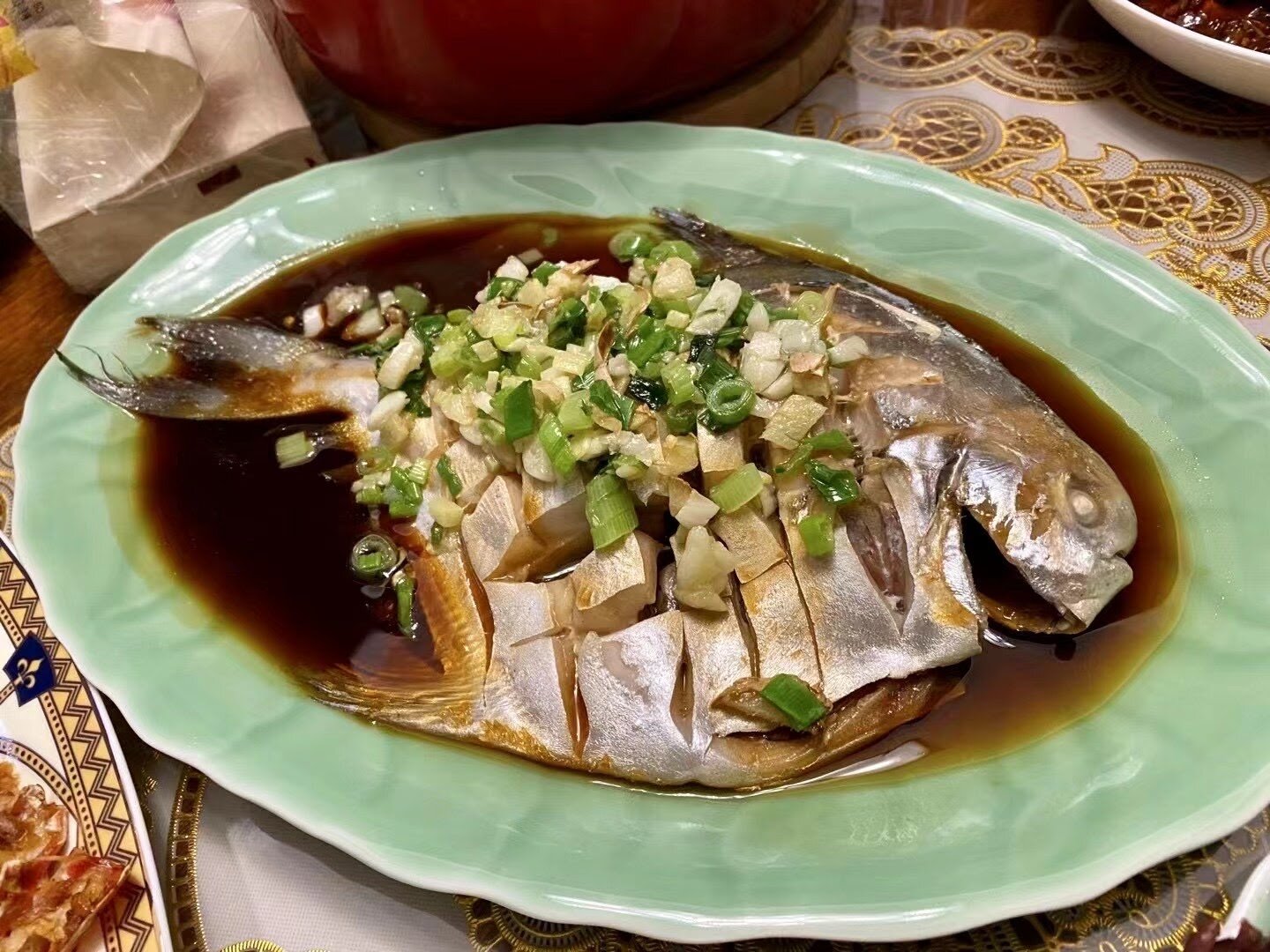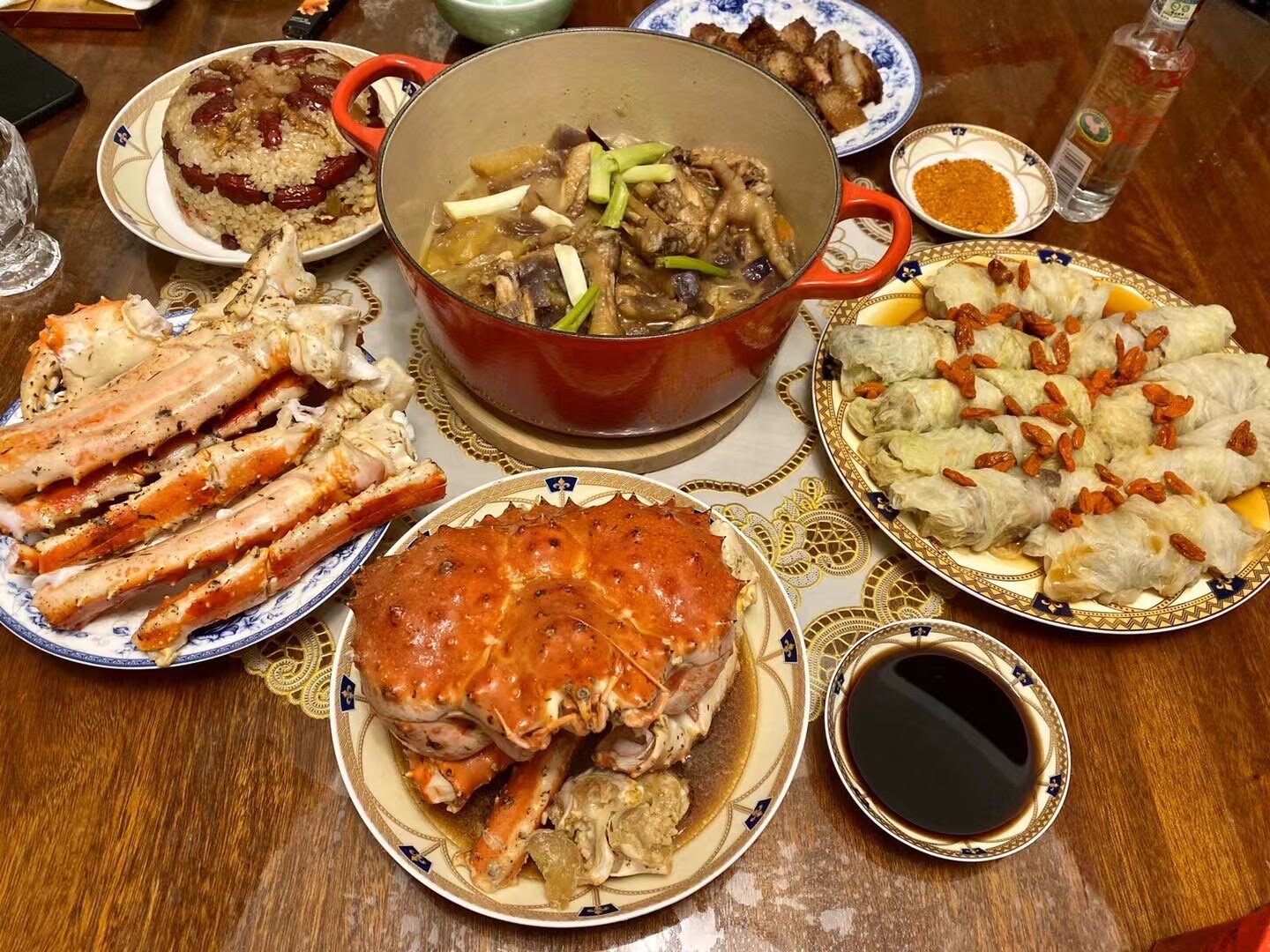


By Jocelyn Zhou ’22, Sophie Soloway ’23 & Amelia Luo ’23
Staff Writer, Global Editor & Global Editor, Photographer
China Night is an annual event held by the Chinese Cultural Association to celebrate the Lunar New Year, also known as the Spring Festival, with song and dance. In past years, it has been an evening of food, music and community. Because of the need for social distancing and remote formats for large events this year, however, the CCA directed students to watch the live CCTV Spring Festival Gala, a variety show broadcast on the eve of the Lunar New Year featuring an array of performances. The CCA posted traditional Chinese customs on Instagram while the Spring Festival Gala aired.
“In the past, [the] CCA usually delivered a show at Mount Holyoke, and many people came to celebrate Lunar New Year together,” Dorothy Wang ’22, co-chair of the CCA, said. “But this year most students cannot go back to campus, and we cannot get together to rehearse a big show.”
Besides the CCTV Spring Festival Gala, the CCA shared cooking videos and Instagram posts to help attendees celebrate the special occasion together online.
“We will also post pictures about how Chinese students celebrate their Spring Festival,” Dorothy said.
On Feb. 12, people in China and across the world celebrated the Lunar New Year. Some Mount Holyoke students shared their experiences welcoming the Year of the Ox during and despite ongoing COVID-19 restrictions.
Xingran Wang ’24 spoke about a day shared with family. “In the evening, we made dumplings together and watched the Spring Festival Gala. On the first day of the new ox year, I went to Zhanshan Temple, which is the only temple with an abbot in Qingdao,” Xingran said. “The tradition is for us to pray for good luck by burning incense and worshipping Buddha. I paid tribute to all the Buddha, then put the incense in the biggest incense burner, which was in the middle of the temple’s yard,” Xingran added.
Yuxi Zhu ’22 spoke about her family’s traditions. “I’m from Dalian. My family has lots of traditional customs,” Zhu said. “Red is the color of [joy]. It means good fortune, so for [the] New Year, my family was all dressed up in red. All of the drinks have to be red too, which means we can only have Coca-Cola, Wangzai Milk — a milkish drink — or Wuliangye — a spirit.”
This year, Zhu, who was at home rather than on campus due to COVID-19 restrictions, was responsible for the family dinner on Lunar New Year’s Eve. “Those dishes I cooked all have beautiful meanings that hope for good fortunes and happiness,” Zhu explained. “Dishes were the most important component of the night. I made rice cake (Niangao), which means next year will be better than this one; cabbage rolls, which looks like jade; eight-treasure rice pudding, which contains eight different seeds and dry fruits; and fish, which means the family would have enough to spare every year.”
Zhu reflected that some conflicts arose during the happy holiday. “We also have the tradition of set[ting] off firecrackers. Due to the time zone difference, I was in class the night of Lunar New Year, and because of the sound of the firecrackers, I c[ould] hardly hear my professor despite … ha[ving] my noise-canceling headphones on,” she said.
Wenjun Liu ’22 spent her Spring Festival in the U.S.
“This year’s Spring Festival, I stayed in America. I didn’t reunite with my family,” Liu said. “I always remember how my family celebrated this festival. They usually play Mahjong all night and we [watch] TV shows together. At midnight, we watch fireworks together. I really miss my family now,” Liu added.
Emma Xue ’23 experienced the Lunar New Year differently this year due to the pandemic.
“I spent my holiday in Shanghai at home because I had plenty of homework so I only ha[d] a little time [to spend] on this [the celebration of the Lunar New Year],” she said. “My family tradition is to have a reunion dinner on [Lunar] New Year’s Eve and then we visit my father’s family on New Year’s Day, but because of COVID-19, I have to quarantine before I get to my father’s family’s village. This year, I chose to stay in the city.”
While these initial celebrations have been completed, the holiday is not yet over. Lunar New Year’s celebrations continue for up to 16 days. The first seven days, until Feb. 17, are public holidays in China.
